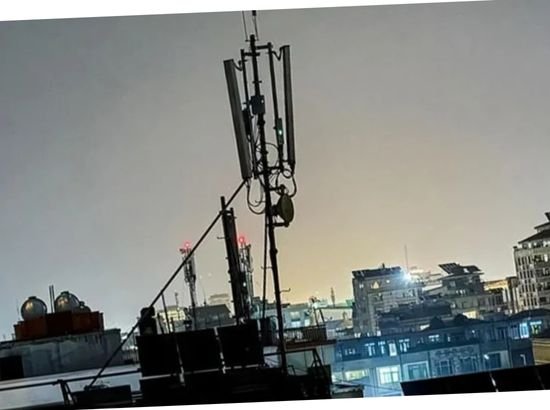
KABUL, AFGHANISTAN — Afghan women have lost their final opportunity for learning and self-sufficiency after the Taliban implemented an indefinite, nationwide internet blackout this week. This severe measure follows the regime’s 2021 takeover, which saw women and girls barred from education past age 12, restricted from nearly all employment, and subjected to severe social limitations.
For many, like former law student Fahima Noori (names withheld for safety), the internet was the only remaining hope. She had enrolled in online university to complete her studies and seek remote work, a dream now extinguished by the digital darkness. “Our last hope was online learning. Now that dream has been destroyed,” she said.
The country is experiencing a “total internet blackout,” according to the watchdog Netblocks, a move that paralyzes essential services, disrupts flights from Kabul airport, and cuts off international communications. The ban was preceded by the severing of fiber-optic connections across several provinces, which the Taliban claimed was to prevent “immorality.”
The consequences are immediate for students and teachers nationwide. Shakiba, a student whose in-person midwifery program was banned, noted the loss of the only way for women to pursue education and contribute to society. Zabi, an online English teacher, saw 45 students disconnected mid-exam, leaving his female pupils with no remaining options for skills development.
While mobile data remains available, its high cost—around $50 for 100GB compared to a national per capita income of just $306—makes it inaccessible to most. The complete communications failure raises fears of increased isolation and economic crisis, forcing people like Zabi to consider leaving the country to earn a living.